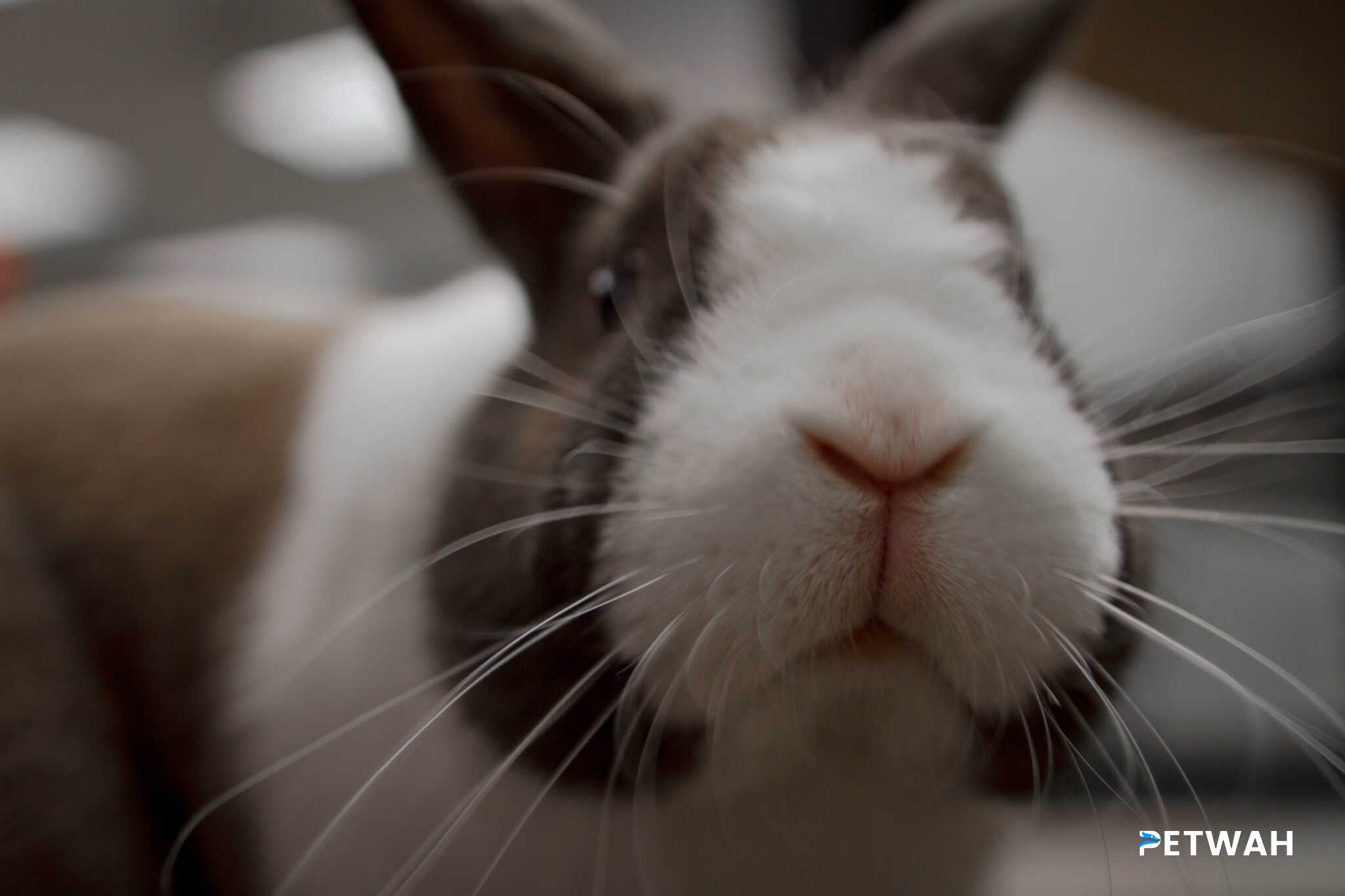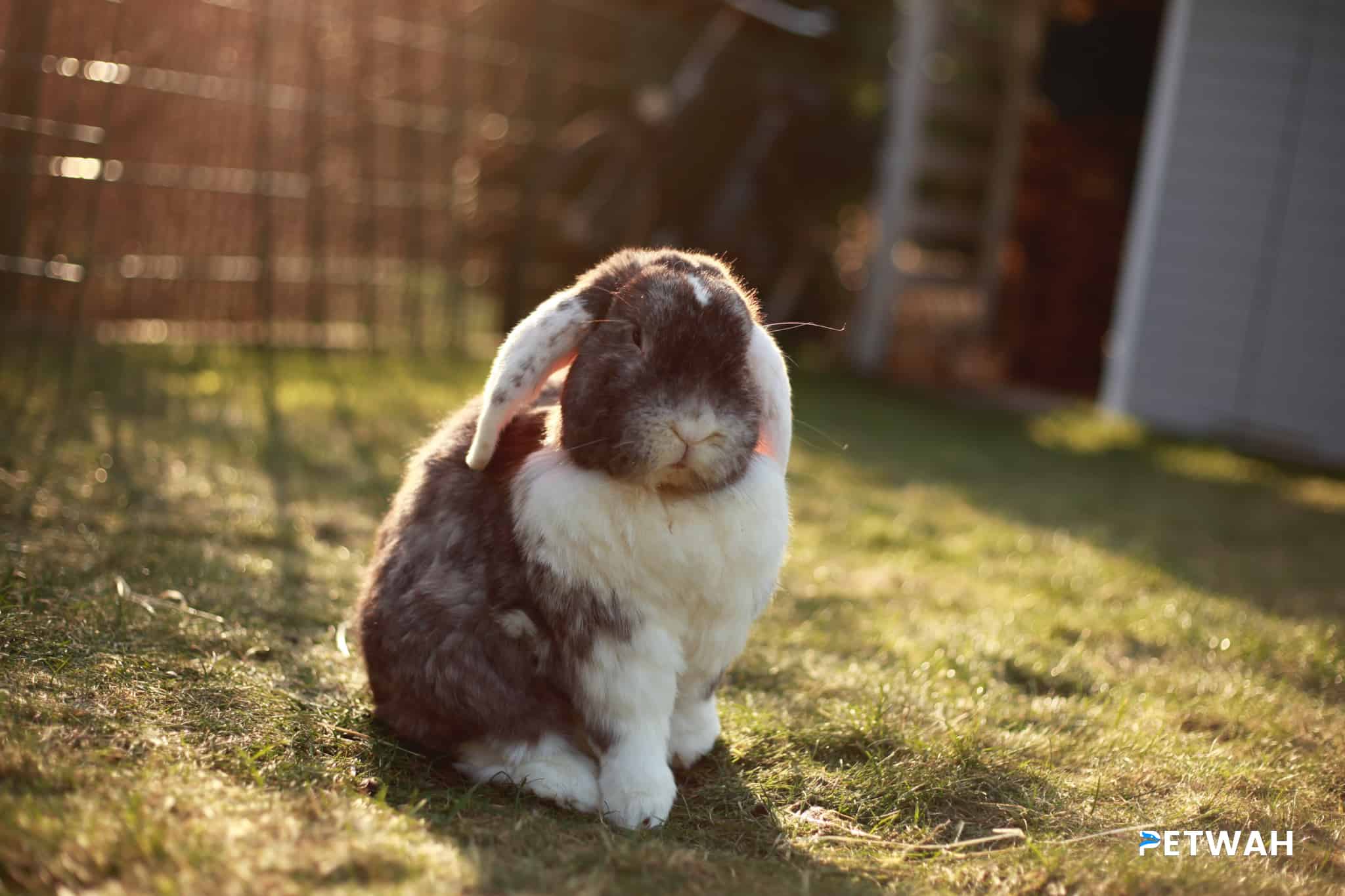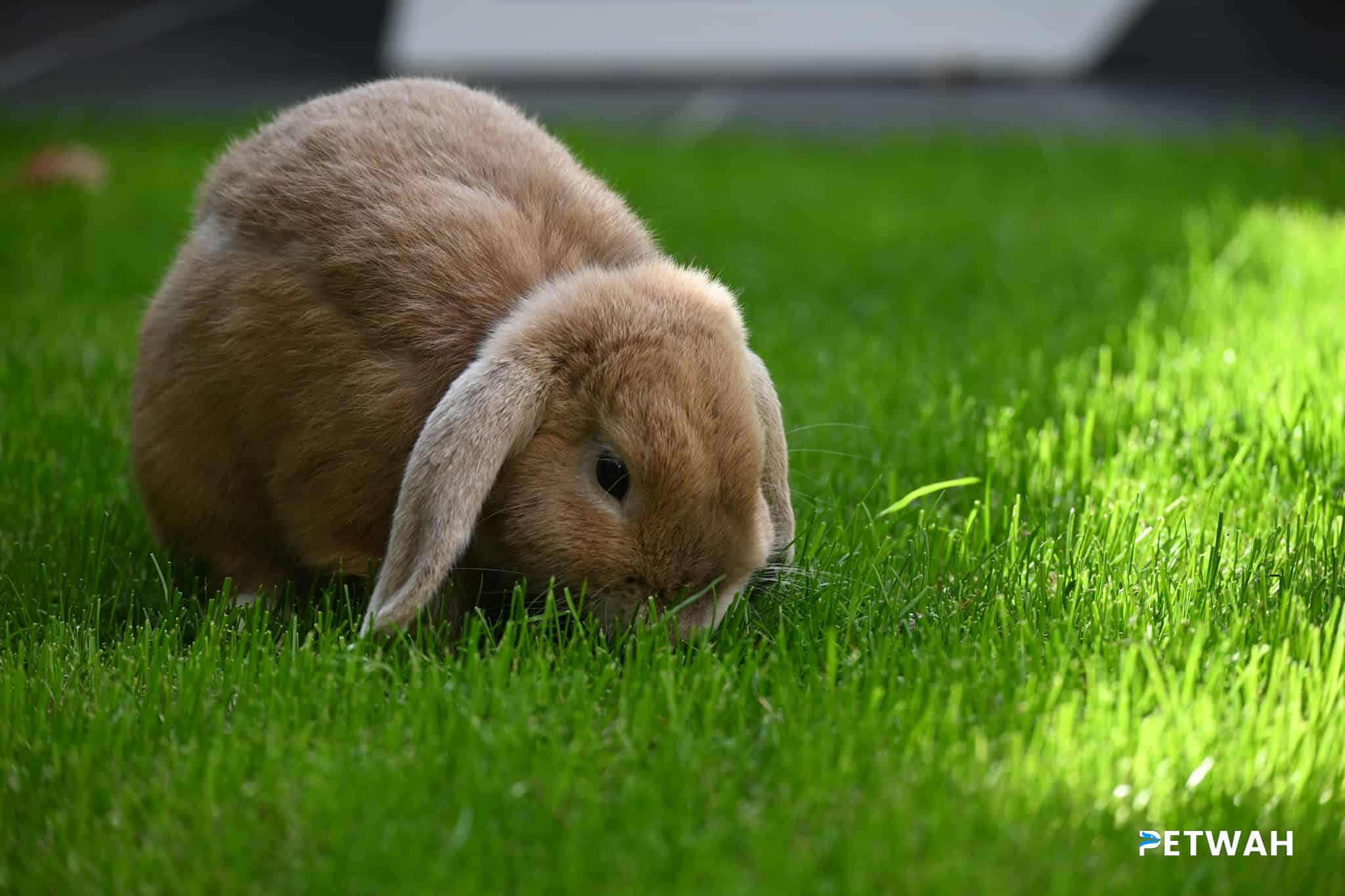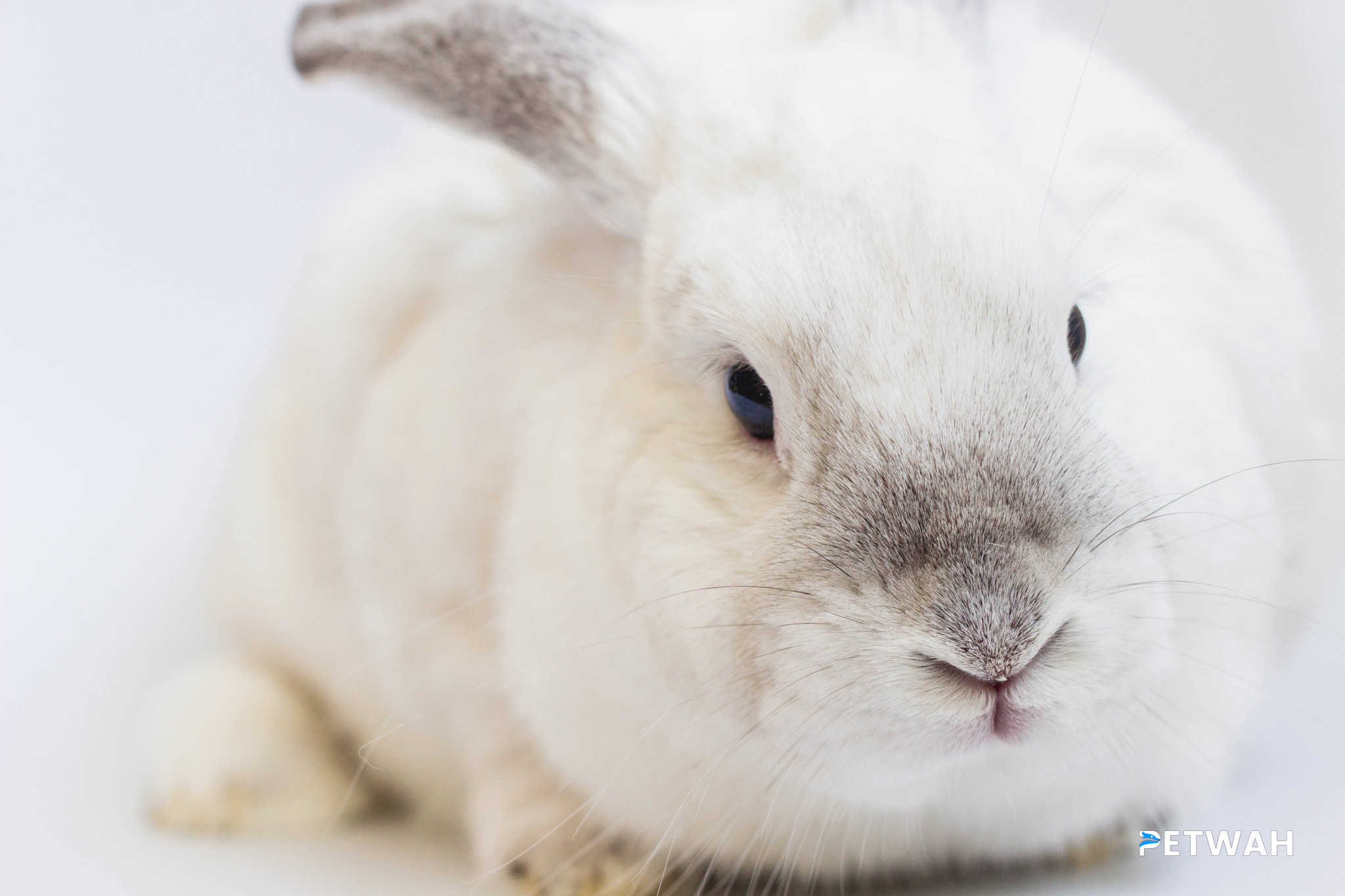If you are a proud rabbit owner, you already know that these furry creatures make wonderful pets. They are cute, playful, and can even be litter-trained! However, when it comes to their health, it’s important to understand that rabbits are not immune to diseases. Just like cats and dogs, rabbits need regular check-ups and vaccinations to stay healthy and happy. In this blog post, we’ll explore why vaccinations are crucial for your bunny’s well-being and how you can ensure that your furry friend gets the best care possible. So, let’s dive in and learn more about rabbit care 101!
Rabbits are adorable and furry creatures that make great pets. However, like any other pet, they require proper care and attention, which includes vaccinations. Vaccinations are essential for rabbits as they help protect them from various deadly diseases and illnesses. In this Rabbit Care 101, we will discuss the importance of vaccinations for your furry friend.
What vaccinations do rabbits need?
There are two essential vaccinations that every rabbit needs: Myxomatosis and Viral Haemorrhagic Disease (VHD). These diseases are highly contagious and can even be fatal. The Myxomatosis virus is spread by fleas and mosquitoes, while the VHD virus is spread by direct contact with an infected rabbit or their environment. It is essential to get your rabbit vaccinated against both these diseases to ensure their safety.
When should you vaccinate your rabbit?
Rabbits should be vaccinated at an early age of 6-8 weeks. You should then take your rabbit for booster vaccinations every year. It is essential to ensure that your rabbit’s vaccinations are up-to-date to keep them safe and healthy.
What are the risks of not vaccinating your rabbit?
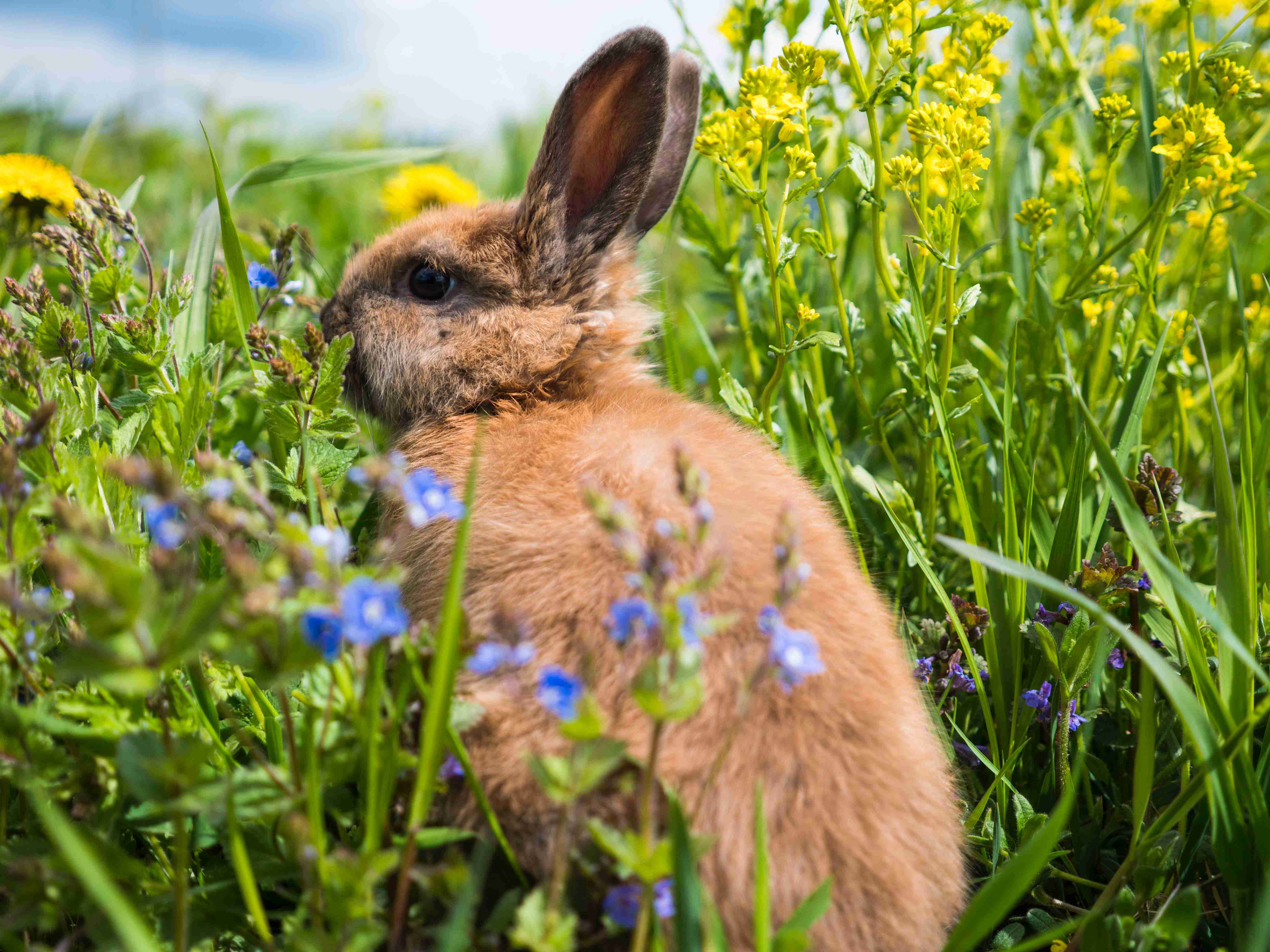
If you do not vaccinate your rabbit, they may contract Myxomatosis or VHD. These diseases can cause severe health problems and even death. Symptoms of Myxomatosis include swollen eyes and genitals, while VHD symptoms include bleeding and fever. It is essential to vaccinate your rabbit to prevent these diseases from occurring.
How to prepare for your rabbit’s vaccination?
Before taking your rabbit for their vaccination, ensure that they are healthy and not suffering from any illnesses. If your rabbit is unwell, it is best to postpone their vaccination until they have fully recovered. You should also ensure that your rabbit is up-to-date with their flea and worm treatments.
Are there any side effects to rabbit vaccinations?
Like any other vaccination, your rabbit may experience some side effects after their vaccination, such as lethargy and a temporary loss of appetite. These side effects are normal and should subside within a few days. However, if your rabbit experiences severe side effects, such as difficulty breathing or seizures, contact your vet immediately.
Overall, vaccinations are an essential part of rabbit care. They help protect your furry friend from deadly diseases and keep them healthy. Ensure that your rabbit’s vaccinations are up-to-date, and they receive booster vaccinations every year. By doing so, you will ensure that your rabbit lives a long and happy life.
In conclusion, vaccinations are essential for ensuring the health and wellbeing of your furry friend. As a responsible rabbit owner, it is your duty to make sure your pet is up to date on all of its vaccinations. By doing so, you can help protect your rabbit from harmful and potentially deadly diseases such as Myxomatosis and Viral Hemorrhagic Disease. Remember to consult with your veterinarian and establish a vaccination schedule that works best for you and your rabbit. By taking preventative measures, you can help your rabbit live a happy, healthy, and long life.


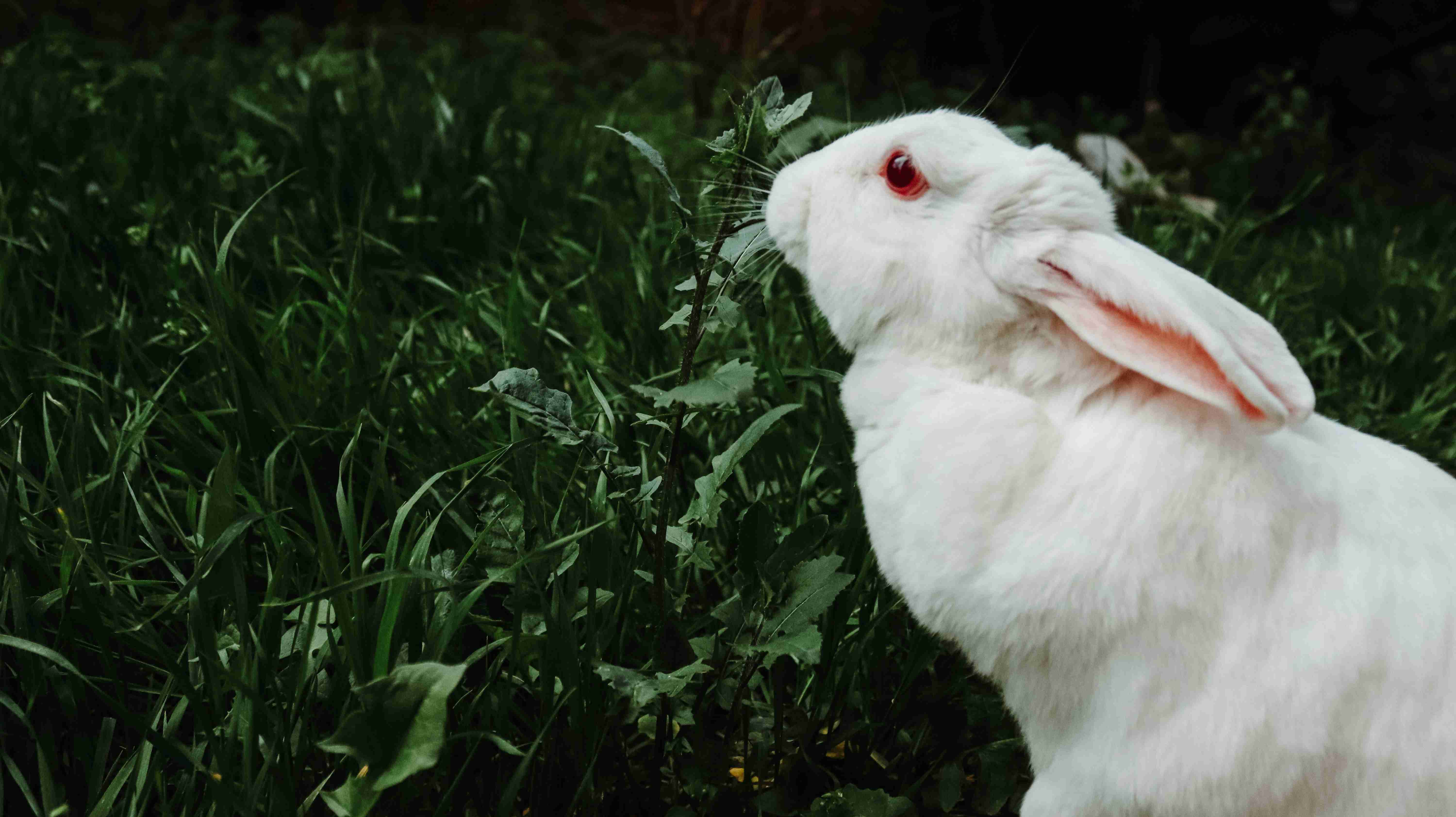
.jpg)
